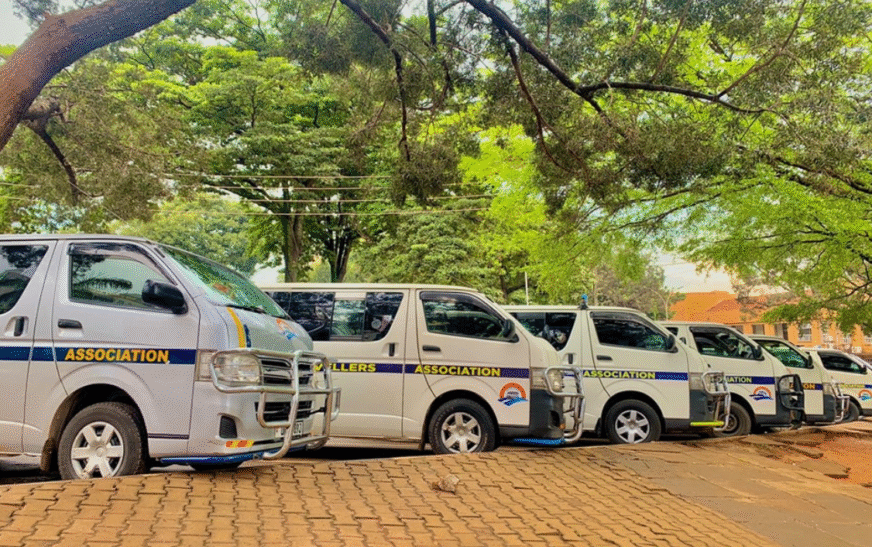Several motorists along the Kampala–Entebbe Road have expressed frustration over what they describe as punitive enforcement of the Express Penalty System (EPS), which the government began implementing more stringently last month.
The EPS, part of the broader Intelligent Traffic Monitoring System (ITMS), issues automated fines for various traffic violations. These include over-speeding, issues with vehicle registration plates, failure to wear or fasten helmets, lack of child restraints, allowing children under five to sit in front seats, and other infractions captured by traffic surveillance cameras.
The ITMS project stems from a 10-year contract the government signed in July 2021 with Joint Stock Company Global Security to install digital vehicle trackers on cars and motorcycles as part of efforts to improve national security. It was originally proposed by President Museveni under his 10-point security plan in response to gun violence perpetrated by criminals using vehicles and motorcycles.
However, the increased enforcement has left many motorists surprised and burdened by hefty fines. Many received email notifications informing them they had violated traffic laws often unknowingly and were now required to pay Shs 600,000 per offence. Failure to pay within 72 hours results in a 50% surcharge, raising the total to Shs 900,000.
Stephen Adama, a frequent commuter along the Kampala–Entebbe route, expressed his frustration.
“I fear stepping on the road because I know I’ll end up with another Shs 200,000 fine for an offence I’m not even aware of. They haven’t explained anything, but I still have to pay within 72 hours or face court,” he said.
The Katabi area has emerged as a major hotspot for these EPS-Auto tickets. One of the hardest-hit entities is Fly Express Taxis, which reports that 16 of its vehicles have incurred over Shs 8 million in fines.
Peter Kaggwa, chairperson of Fly Entebbe Express, said the company has decided to park most of its vehicles until the government provides clarity on speed limits and enforcement standards.
“One taxi reported earnings of Shs 100,000 in a day but received a Shs 600,000 ticket payable in just three days. Failure to pay means an additional 50% penalty. How can a taxi raise such an amount in that time? Is this sustainable?” Kaggwa asked.
He also noted inconsistencies between posted speed limits and the fines being issued: “You enter an area where the sign says 50 km/h, but even when you’re below that, you still receive a fine. The system appears to function differently from the previous one, where you had 28 days to clear a Shs 180,000 ticket. Now, the timeframe is shorter, and the volume of fines is overwhelming.”
Fly Express officials are considering halting operations until further guidance is received from the relevant authorities.
Meanwhile, other drivers plan to challenge the fines, arguing that they were penalized despite adhering to posted speed limits.
Derick Ssebuliba, the disciplinary head at Fly Express, shared his personal experience:“I took the bullet and paid for it. But yesterday, I was extra cautious—watching my speed gauge the entire time. This system is draining drivers and car owners. If not addressed, it will cripple us.”





















